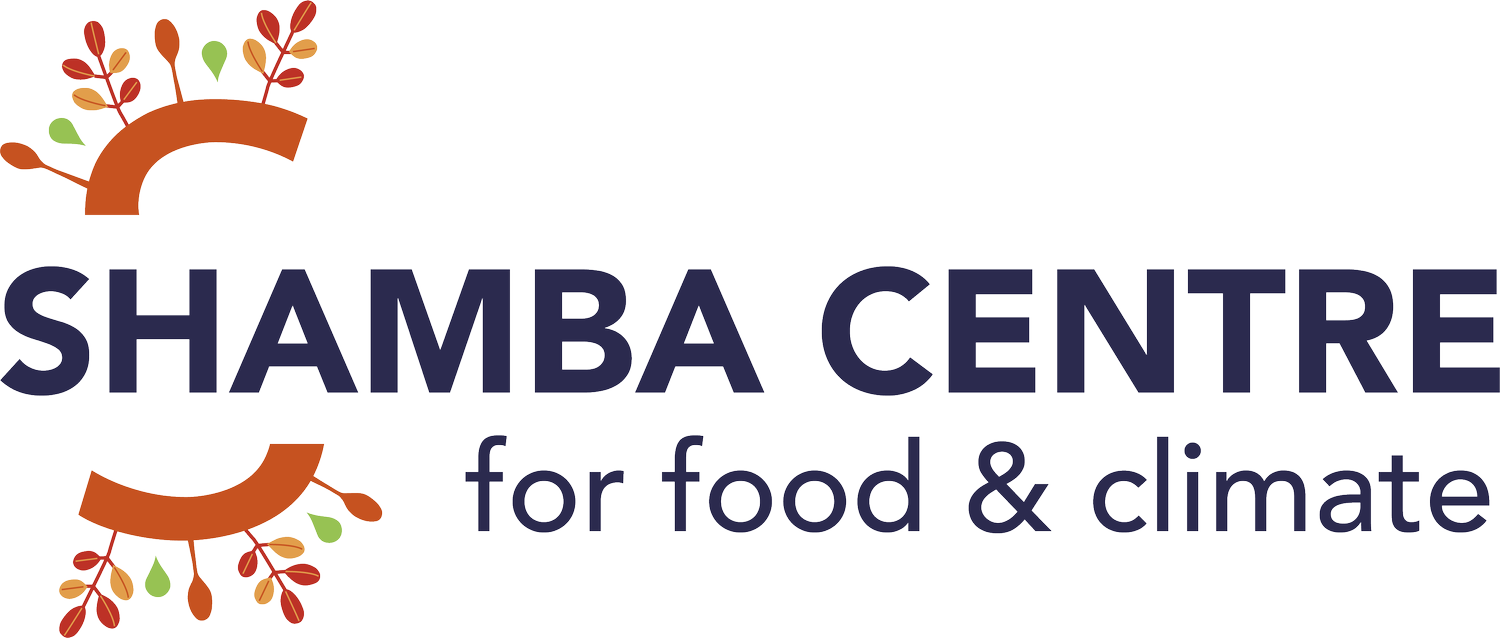Launch of an innovative deep-dive study to transform food systems in Madagascar
By Francine Picard, 18 April 2023
The Ministry of Agriculture and Livestock (MINAE) is launching, with the support of the Food and Agriculture Organization of the United Nations (FAO), the Shamba Center for Food & Climate as well as the International Food Policy Research Institute (IFPRI), a groundbreaking study on the transformation of food systems in Madagascar. It will explore how food systems can be transformed to provide healthy and affordable diets for all, while also addressing environmental sustainability and nutrition.
According to Fanja Raharinomena, Secretary General of MINAE, “the objective of this study is to determine the most effective interventions to eliminate hunger, double the income of smallholder famers, protect the climate and improve nutrition in Madagascar by 2030. To achieve this, the study will use economic modelling to determine the cost required to implement these interventions and determine the additional investments necessary to achieve the goals in the national food system roadmap.”
The study adopts a systems approach and brings together the Ministry of Agriculture and Livestock, the Ministry of Fisheries and Blue Economy, the Ministry of Public Health and the Ministry of Environment and Sustainable Development. Further consultations will also include the private sector, civil society organizations as well as agricultural producers.
Francine Picard, Co-founder and Director of Partnerships at the Shamba Centre for Food & Climate emphasizes the importance of the systems approach for building a fair, sustainable and resilient food system. She states that “understanding the complex interactions between agriculture, the environment, economy and health is crucial to developing effective solutions”. In addition, she stresses the importance of basing the proposed solutions on evidence-based also data while encouraging innovation and the protection of the environment.
This initiative is part of the broader objectives set by the Zero Hunger Coalition, of which Madagascar is a member. Set-up during the 2021 UN Food Systems Summit, the Zero Hunger Coalition aims to eradicate hunger and malnutrition globally by 2030.
Similar studies have been prepared for Ethiopia, Malawi and Nigeria. They demonstrated that by increasing investments between 2023 and 2030 and implementing effective interventions, it is possible eliminate hunger in these country while also achieve significant economic, social and environmental progress.
Understanding the complex interactions between agriculture, the environment, economy and health is crucial to developing effective solution, notes Francine Picard, Co-founder, Shamba Centre for Food & Climate
